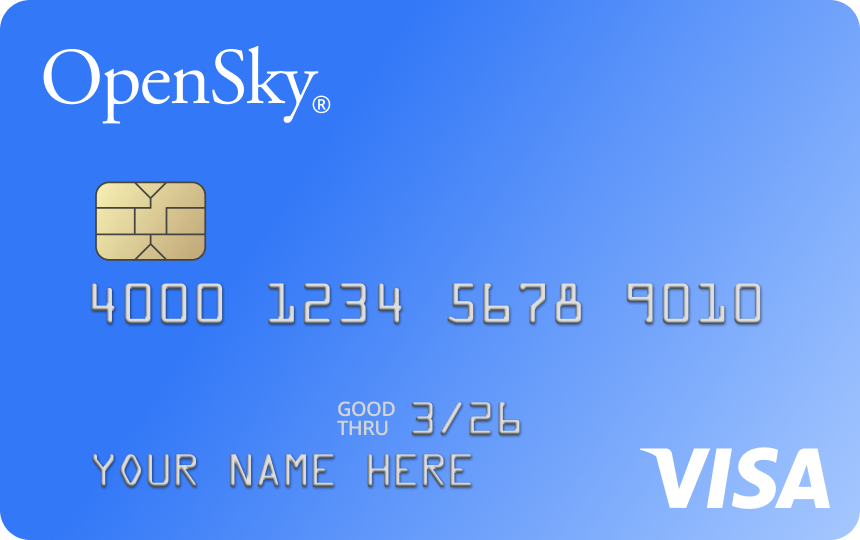Many people have a brush with the justice system in their lifetimes. Some individuals squeak through unscathed, while others can get heavily involved. Most crimes are misdemeanors—traffic violations or missed court dates, for example—but multiple misdemeanors can lead to more serious charges and can cause knock-on effects. And for justice-involved individuals, these charges and incidents can have a huge negative impact on their financial health.
Research has shown that low-income to middle-income communities of color in America are disproportionately affected by the criminal justice system. Members of these communities often deal with financial and health challenges, too. Legal challenges can add yet another layer of complexity.
What is a justice involved individual? Are you one? We’re here to help. We’ve put together eight tips to help you get your financial life back on track after a brush with the legal system. Plus, we’ll explore financial programs for justice-involved individuals.
What is a Justice-Involved Individual?
In short, justice-involved individuals have been through the courts system in one way or another. Some justice-involved individuals have been to jail or prison, while others have paid fines or completed community service.
Punishments dispensed by the justice system are intended to provide reparation. Unfortunately, justice-involved individuals frequently continue to pay after their fines are dealt with and their jail terms are done. Financial issues are particularly common, and they’re often very hard to resolve.
Eight Tips to Help for Justice-Involved Individuals
If you’ve been involved with the legal system and don’t know how to start getting your financial life on track, you’re not alone. Here are eight things you can do to help repair the damage.
1. Implement a Security Freeze
If you’ve been convicted of a crime and have a jail term coming up, you can implement a security freeze on your credit to ensure that it isn’t compromised while you’re away. Performing a freeze won’t cost you anything—you simply need to ask all three credit bureaus to put your file on lock. Get in touch with Experian, Equifax and TransUnion before you report to jail, and contact them again when you come out to unfreeze your credit.
2. Get a Copy Of Your Credit Report
The first step in any credit restoration plan is to get a copy of your credit report. If you want to see a snapshot, you can sign up for Credit.com’s Credit Report Card for free. To view all three of your full credit reports, choose ExtraCredit instead. You’ll get a breakdown of all five score factors, making it much easier to see what needs improving.
3. Speak to Your Lenders
If you have a criminal conviction, you might prefer not to share it with your bank. In reality, many people have records, and financial institutions regularly receive calls from customers who need to renegotiate or pause repayments. If you’re having trouble making payments after incarceration or you want to adjust your card limits to boost your debt-to-credit ratio, don’t be afraid to call your lenders.
4. Challenge Mistakes
What if you find a mistake on your credit report? If you notice something odd, speak up. First, file a written dispute with the credit bureau, detailing the error, and include any documents that support your position. Send your letter by certified mail, and ask the credit bureau to remove the incorrect information from your credit report.
Credit bureaus have 30 days to respond to disputes. They have to forward your evidence to the organization that submitted the negative information. If you’re proven right, the submitting organization has to inform all three bureaus of their mistake. You can then give a corrected version of your report to your employer, or to a lender if you’ve been refused credit.
5. File a Fraud Alert
Sometimes, “mistakes” are a sign of identity theft. If you think you’ve been the victim of ID theft—or if you have a “good faith belief” that your ID might be used fraudulently—file an initial fraud alert right away. You can create a fraud alert by visiting identitytheft.gov, or you can write to the FTC Consumer Response Center in Washington.
Your lenders will get notified that you have a fraud alert on your account, and you’ll be entitled to an additional free yearly credit report to help you monitor your credit. The alert will stay on your file for seven years, unless you terminate it early. Your name will also be removed from pre-screening tools for five years.
6. Get a Secured Credit Card
Secured credit cards are among the easiest credit cards to get. You have to provide the lender with a cash deposit before you can use your card, and credit limits are generally low—but secured cards can help you get back on the credit ladder. Lenders share credit limit, usage and payment information with credit bureaus, so if you stay on top of your balance, you’ll improve your credit score. After a while, you’ll become eligible for a low-limit regular card, which you can use to continue building credit.
OpenSky® Secured Visa® Credit Card
- No credit check to apply. Zero credit risk to apply!
- Looking to build or rebuild your credit? 2/3 of cardholders receive a 48+ point improvement after making 3 on-time payments
- Extend your $200 credit line by getting considered for an unsecured credit line increase after 6 months, no additional deposit required!
- Get free monthly access to your FICO score in our mobile application
- Build your credit history across 3 major credit reporting agencies: Experian, Equifax, and Transunion
- Add to your mobile wallet and make purchases using Apple Pay, Samsung Pay and Google Pay
- Fund your card with a low $200 refundable security deposit to get a $200 credit line
- Apply in less than 5 minutes with our mobile first application
- Choose the due date that fits your schedule with flexible payment dates
- Join over 1.2 million cardholders who’ve used OpenSky to build their credit
7. Open a Savings Account
On the face of it, opening a savings account might not seem directly related to credit and financial rehabilitation. Actually, making regular contributions to a savings account can help you build a little nest egg, and that could tide you over if you get into a financial bind. Every little helps—even the occasional $5. Just having a decent amount of savings can help improve your sense of stability.
8. Use Some of Your Available Credit
Justice-involved individuals sometimes find themselves without a credit score when they emerge from detention facilities. After 7 to 10 years, you may find that your former credit history has completely disappeared—and that can give you the opportunity to rebuild. If you find yourself in that situation, apply for a secured credit card and use up to 30% of your available credit limit every month to help build a credit history.
Financial Programs for Justice-Involved Individuals
Financial programs exist for justice-involved individuals who need to re-enter society. If you can, get on board with one of the following plans:
- Defy Ventures,Project ReMADE and The Last Mile work with post-release individuals in numerous states in partnership with their former facility.
- government grant. You can use Grants.gov to apply for nearly any type of grant, including nonprofit grants and business grants.
- SBA microloan. SBA microloans are easier to obtain than regular SBA loans, and they can help you start your own small business.
Get Your Financial Health Back on Track
To get a general idea of your credit, sign up for Credit Report Card from Credit.com. If you need to figure out a full-blown credit rehab plan, go for ExtraCredit instead—you’ll see all three of your credit reports, plus 28 scores lenders use to determine your eligibility for financial products.
Financial issues are common after any type of legal trouble. If you’ve had an encounter with the justice system and you’re worried about rebuilding credit, you’re not alone. The eight tips above, plus the financial programs mentioned below that section, can help you get back on track and create a brighter financial future.









